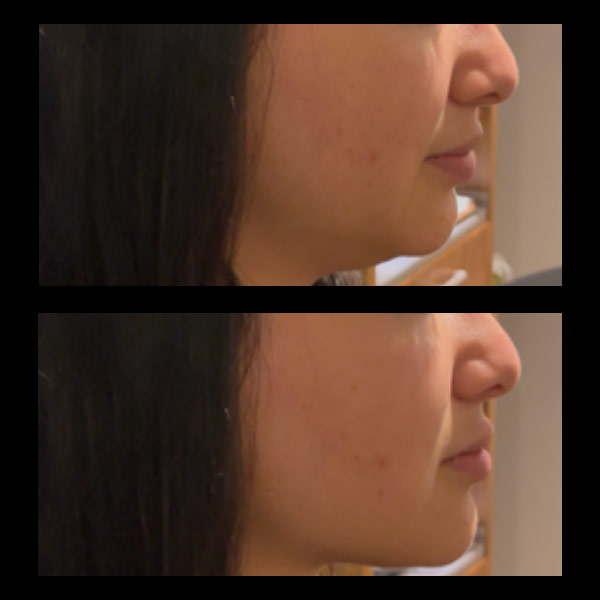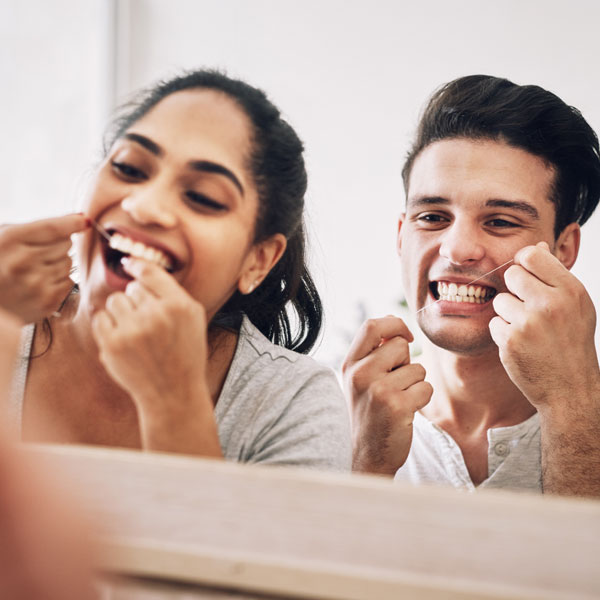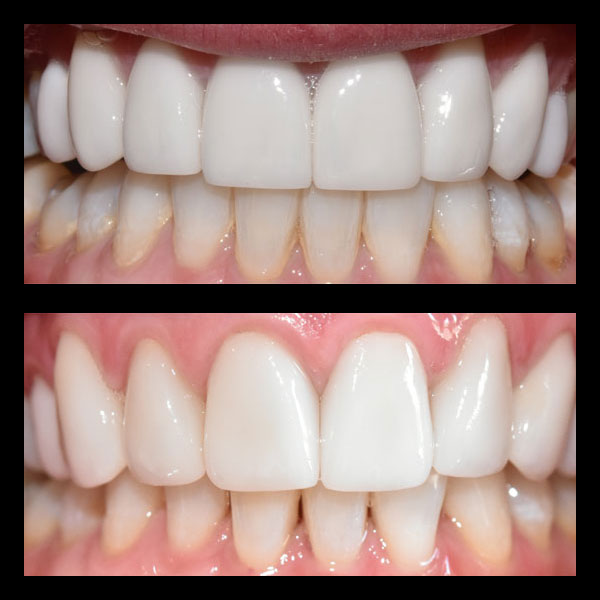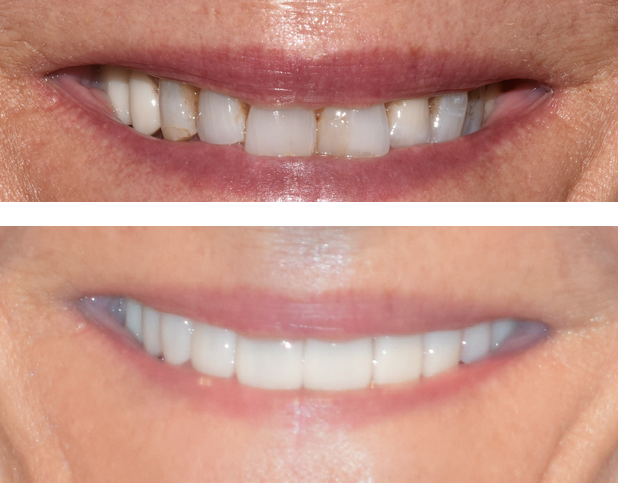Sensitive teeth are common.
A good majority of the guests I’ve seen over the past 6 years have one or more teeth that are sensitive to a variety of stimulants. It is also the number one complaint or concern that guests have. Cold and hot liquids or foods are the usual cause, however for some people it can even be chewing or simply touching the tooth. This can be challenging during a cleaning, for both the guest and the dental hygienist. It is often hard for the guest to tell if the pain sensation is coming from their tissue or their tooth.
I used to believe that brushing too hard with a hard-bristled toothbrush and/or abrasive toothpaste caused the gums to recede and the root of the tooth to be exposed to the air. This is possible, however it is not the most common cause of tooth sensitivity. More recently, research has shown that grinding or clenching the teeth is the major cause of this ailment. Even if you don’t think you grind or clench your teeth, you may do it without noticing when you are stressed or sleeping.
Imagine a fence post securely implanted in the ground. If you push on it, it may not move. If you continue to push on it, moving it back and forth and side to side over and over again, it will begin to loosen. The dirt around the base will begin to fall away and the post will become more moveable. This is the same case with teeth. As you apply biting forces (grinding/clenching) back and forth on the tooth it weakens the jaw bone that secures it in place. The tissue or gums are attached to the bone and as the bone begins to fall away from the tooth, the tissue follows it. Not only does this leave a more yellow color and longer tooth appearance, but it creates an environment for sensitivity. It can even cause little notches to appear in your tooth right where the tissue and tooth meet.
It is very important to stop this process as soon as possible so that it does not get worse. By immobilizing the movement of the teeth the process is stopped. Wearing a plastic guard on your teeth at night is the most common way to stop this process. The consumer-grade soft plastic that is moldable is often not strong enough to take the forces and hold the teeth in place. A lab usually makes a better option with very hard plastic so teeth won’t move.
The sensitivity that is left can be treated in several different ways. Using a toothpaste such as Sensodyne or Fluoridex helps a lot of people get relief from pain. For others, having the dental hygienist do in-office fluoride treatments or applying special sensitivity agents to the root surface helps them get relief. And others require even more drastic measures such as placing fillings over the exposed root surface.
There is help for sensitive teeth. Ask if getting a night guard is the right step for you and if there is anything we can do in the office to help relieve your sensitivity.








